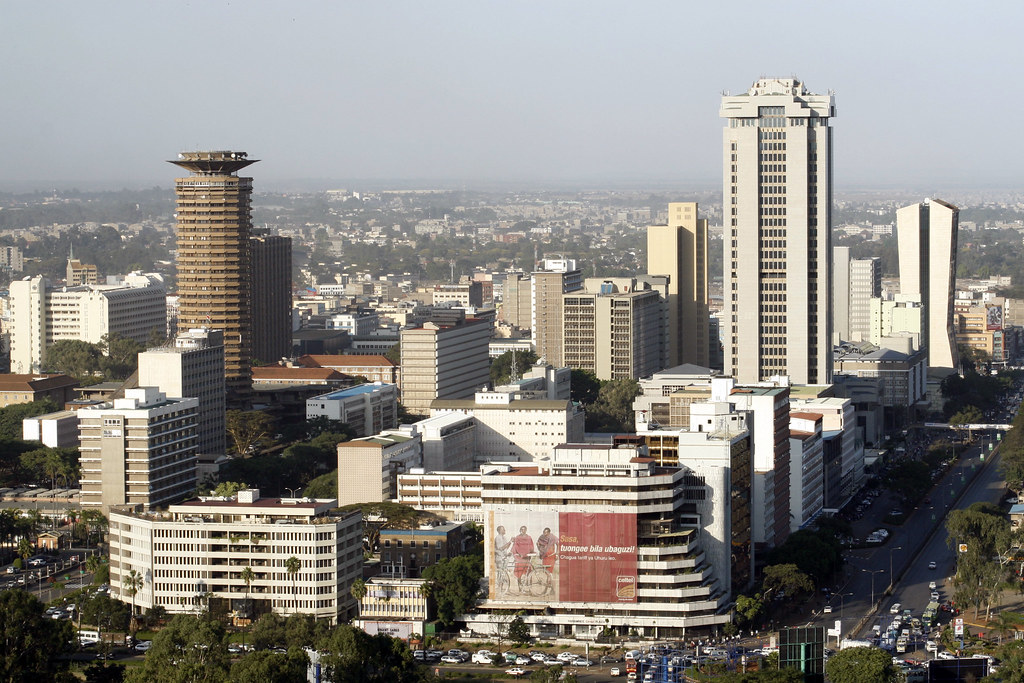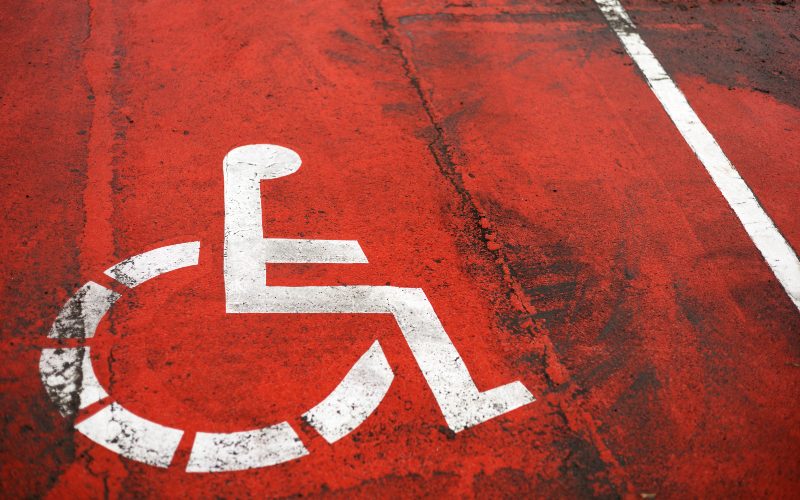Study: Kenya’s major cities performing poorly in aiding ease of doing business

From the findings, all the cities scored below the average mark of 0.56: Nairobi (0.37), Kisumu (0.32), Mombasa (0.30), and Nakuru (0.29).
For cities to be considered 'smart' and sustainable, there exist certain pillars that are gauged to determine the level of progress towards the goal.
Among them is the smart economy pillar, entailing different clusters such as e-commerce, employment rate and ease of doing business.
More To Read
- Construction sector seen as Kenya’s weakest job creator in 2025, CBK survey shows
- Majority of Kenyans report worsening economic conditions since last election
- Kenya’s banking sector at a crossroads: Economist analyses new capital rules and licensing shift
- Investing in rural roads key to doubling Kenya’s farm output - study
- Foreign Investments offer minimal impact to Kenya’s industrialisation, study shows
- Kenya’s economy stable under Ruto, says Treasury CS Mbadi in response to Gachagua's claims
In Kenya, a recent survey by the state-owned research agency the Kenya Institute for Public Policy Research and Analysis (Kippra), has revealed that the four major cities — Nairobi, Kisumu, Mombasa and Nakuru — are doing poorly when it comes to ease of doing business.
"In the pursuit of smart and sustainable cities in Kenya, the ease of doing business indicator is a vital gauge of a city's economic vitality and attractiveness to investors. The measure sheds light on the efficiency of administrative processes and bureaucratic hurdles that can impact the ease of establishing and operating businesses," the survey report reads.
From the findings, all the cities scored below the average mark of 0.56: Nairobi (0.37), Kisumu (0.32), Mombasa (0.30), and Nakuru (0.29).
"This indicates that the cities are yet to establish an enabling environment for the growth of the private sector."
Generally, the Smart and Sustainable Cities Index (SSCI) was measured using seven pillars: smart people, smart living, smart economy, smart environment, smart mobility, smart infrastructure, and smart governance.
Each pillar represents a vital aspect of a city's overall performance and readiness to embrace the challenges of urbanisation while ensuring a high quality of life for its residents.
The average SSCI score currently stands at 0.56.
Among the pillars, the highest average score is on smart people (0.80) and smart environment (0.69). The lowest are smart mobility (0.37) and smart governance (0.46).
Pillars on smart infrastructure (0.56), smart living (0.52) and smart economy (0.52) scored slightly above average.
Ideally, a score of 1 or closer indicates strong progress toward the smart and sustainable cities goal, while a significantly lower score suggests regression.
This study generally sought to explore the country's journey towards achieving smart and sustainable urbanisation in alignment with the United Nations' Sustainable Development Goals (SDGs) and the New Urban Agenda.
Notably across the four cities, the dependency ratio performed poorly, especially for Nakuru and Kisumu and unrealised universal access to education.
Dependency ratio refers to the demographic indicator that measures the proportion of people who are not in the labour force to those who are, and it is used to gauge the pressure on the working population.
In this regard, the agency notes that there is a need for demographic and economic planning to anticipate future changes in dependency ratio through resource allocation, infrastructure development and collaborative efforts with development partners.
This is with a focus on education, technology and community development to leverage additional resources and expertise.
Other key policy issues highlighted by the survey across the cities include low health insurance coverage uptake, high insecurity and low expectancy rate.
"It is therefore important to enforce policies that enhance affordability and accessibility of health insurance services, especially for low-income residents, and strengthen community policing efforts to enhance safety at the neighbourhood level," Kippra says.
Top Stories Today












































